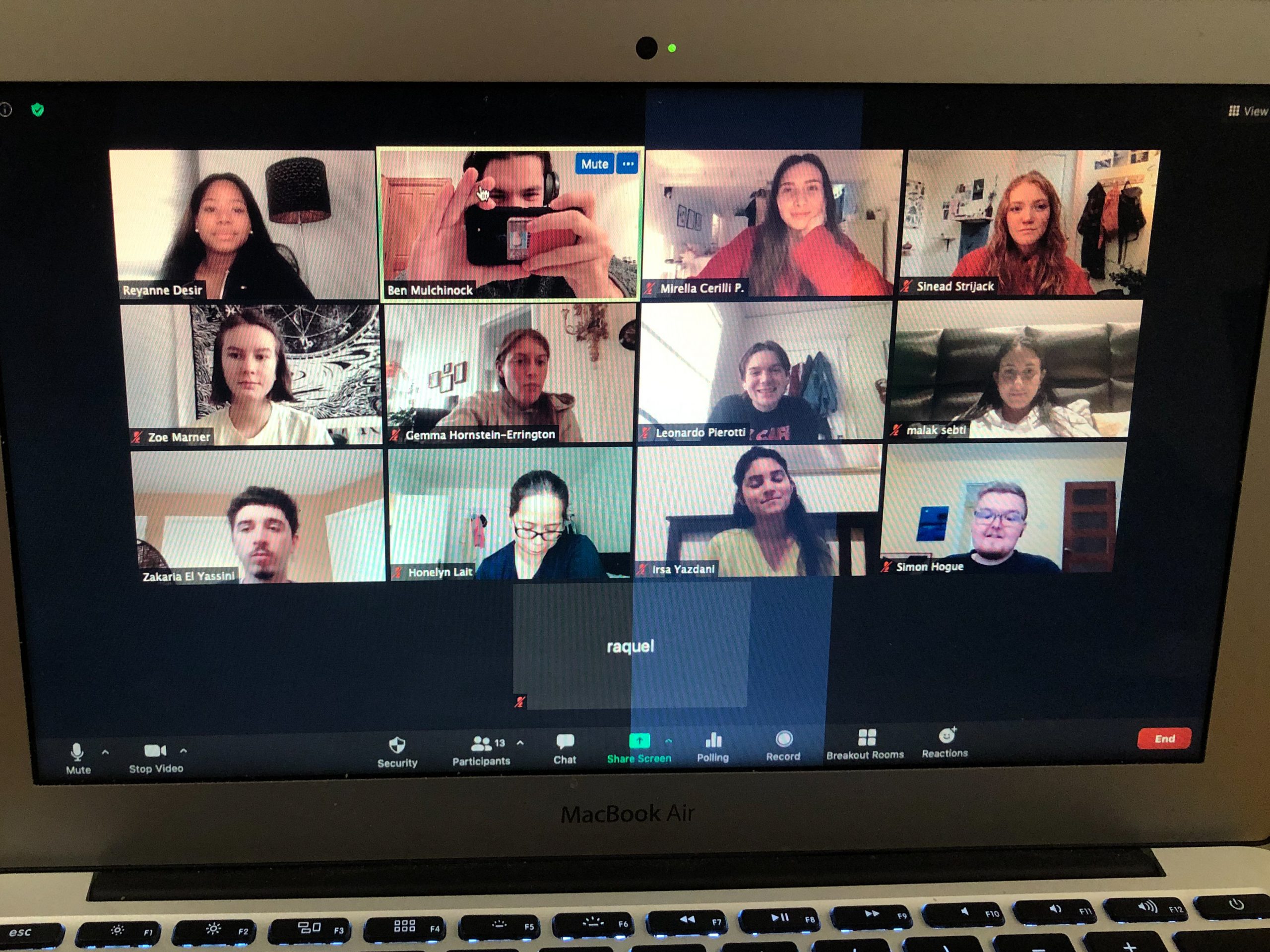Grade: D
“All the truth, only the truth, and nothing but the truth”. yeah right! Based on Karla Homolka’s testimony, Karla documents the bumpy ride that has been the Homolka/Bernardo marriage, leaving behind a trail of victims. However, the result is a one-sided story, almost glorifying the tragic life of a woman convicted of murder. Using Homolka’s recent release to create a buzz around the release of the movie, the production is swimming against a strong current in a sea of controversy.
From their meeting in a Toronto hotel to their lives as a seemingly normal suburban couple, Holmolka and Bernardo’s crimes are documented in such detail, that audiences will be undoubtedly grossed by the bad taste involved in making this movie. From carelessly re-enacting their meetings with their victims to shamelessly depicting their rapes and murders, no care has been given to the respect of the victims’ families.
Constructed around flashbacks during her parole investigation, Karla retells the events that have culminated in the arrest of the couple known as “The Canadian Bonnie and Clyde.” From the cold-hearted murder of Homolka’s own little sister to those of innocent schoolgirls, the movie depicts the couple’s actions in even more detail than the news coverage already has.
Although the movie seems to aim at portraying Karla as a victim in a rather compassionate fashion, she ultimately comes across as being downright dumb. Presented as a manipulated and innocent woman tormented by an abusive husband, the movie throws the blame on Bernardo. By attributing the murders to him alone, his wife is portrayed as an innocent bystander. Witness to the crime, and accomplice in materializing her husband’s deviant sexual fantasies, Homolka blames her silent acceptance to her blind love for her deranged husband with untamed murderous ways. She obviously seems to be more of a victim than she cares to admit.
Thinking that marriage can change the man she loves, Homolka tolerates a verbally and physically abusive husband in hopes of better days to come. However, once her efforts of turning him from the uncaught Scarborough rapist to happy and legit family man prove to be in vain, he drags her into a whirlwind of violence and murder. As the aspiring filmmaker videotapes their twisted rituals, he not only keeps a diary of their prowess, but accumulates enough evidence to prevent his wife from leaving him.
That ’70s Show’s Laura Prepon is nothing but pathetic in the no less pathetic character of a woman driven to murder by her controlling husband. She proves she should stick to slapstick and crude humour, rather than trying her luck at being simply crude. Misha Collins, as Bernardo, is nothing short of ridiculous either. His interpretation is even less stable than the serial murderer’s temper.
With Homolka’s release after serving her twelve-year sentence last summer, the movie was bound to cause a stir among audiences. In fact, the Canadian Film Industry wanted nothing to do with the project. Karla was thus shot in the United States with an entirely American cast and crew.
If it was not for the recent release of Homolka, the movie would not have deserved so much of a theatrical release. Karla would have been confined to collecting dust on your local video store’s shelves. That’s probably where it will end up in a few months time anyway.



